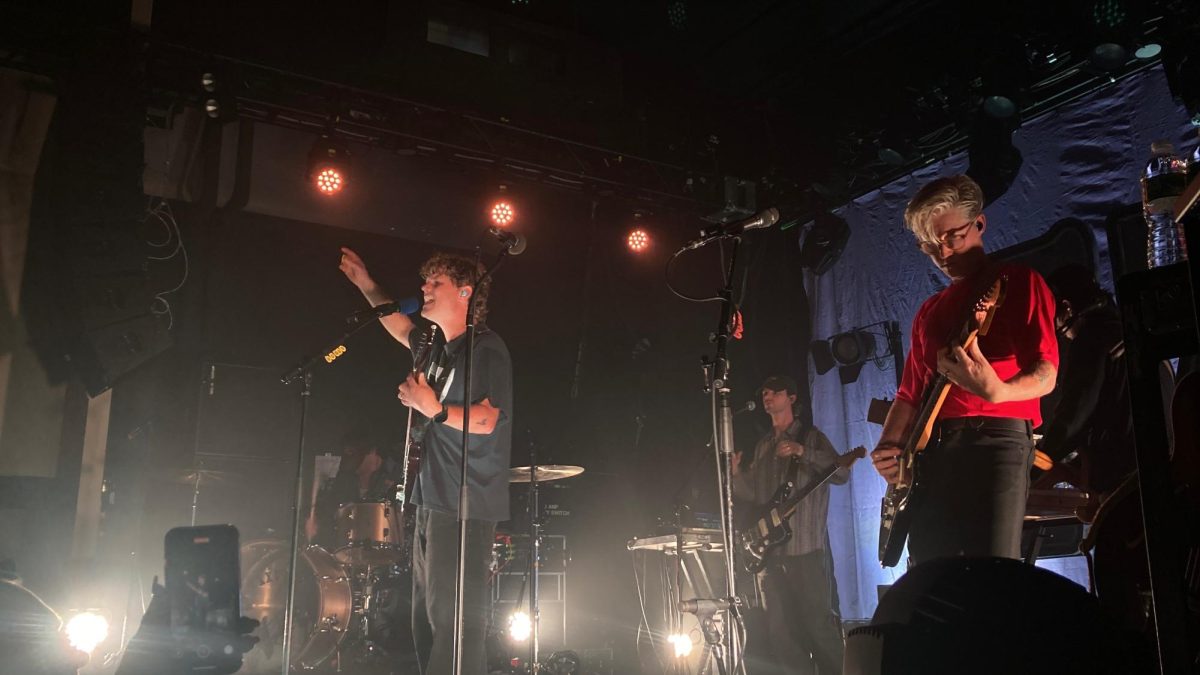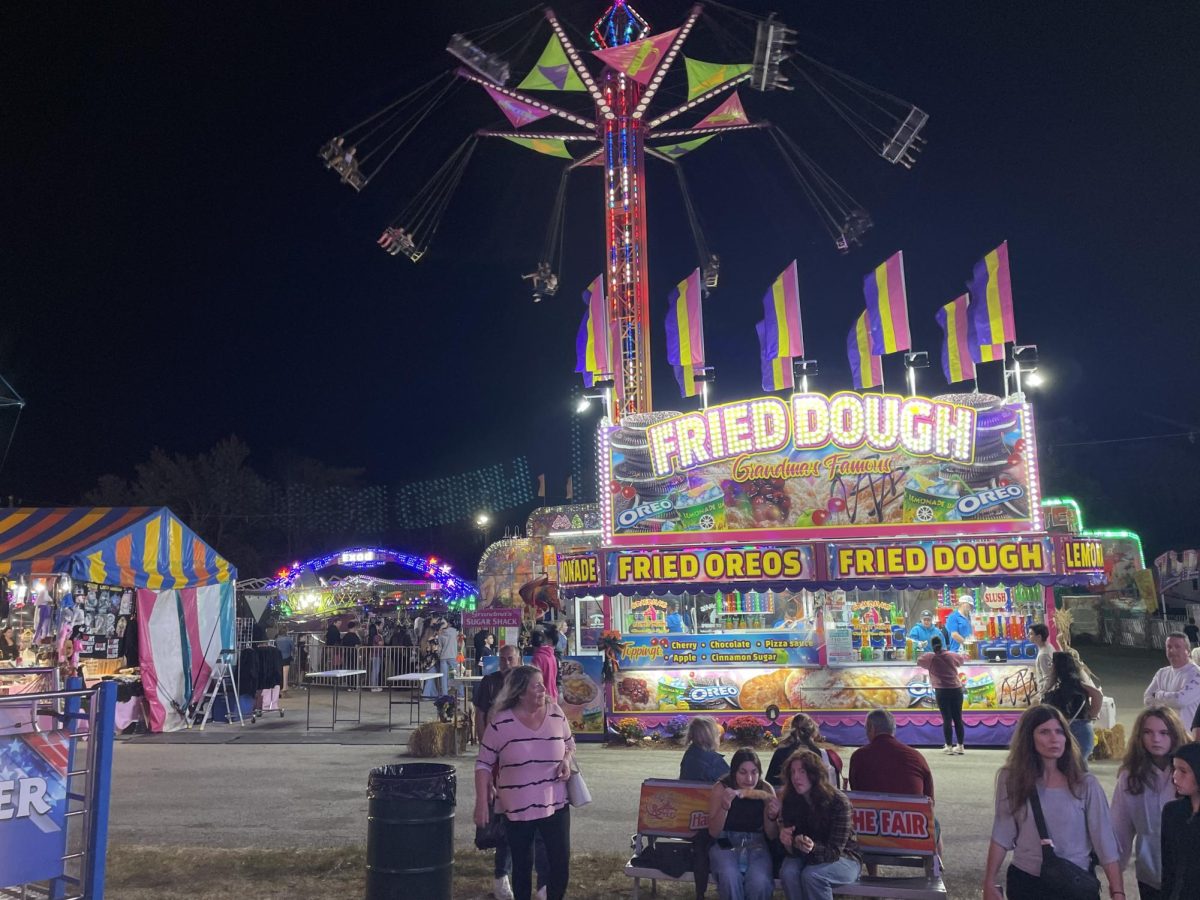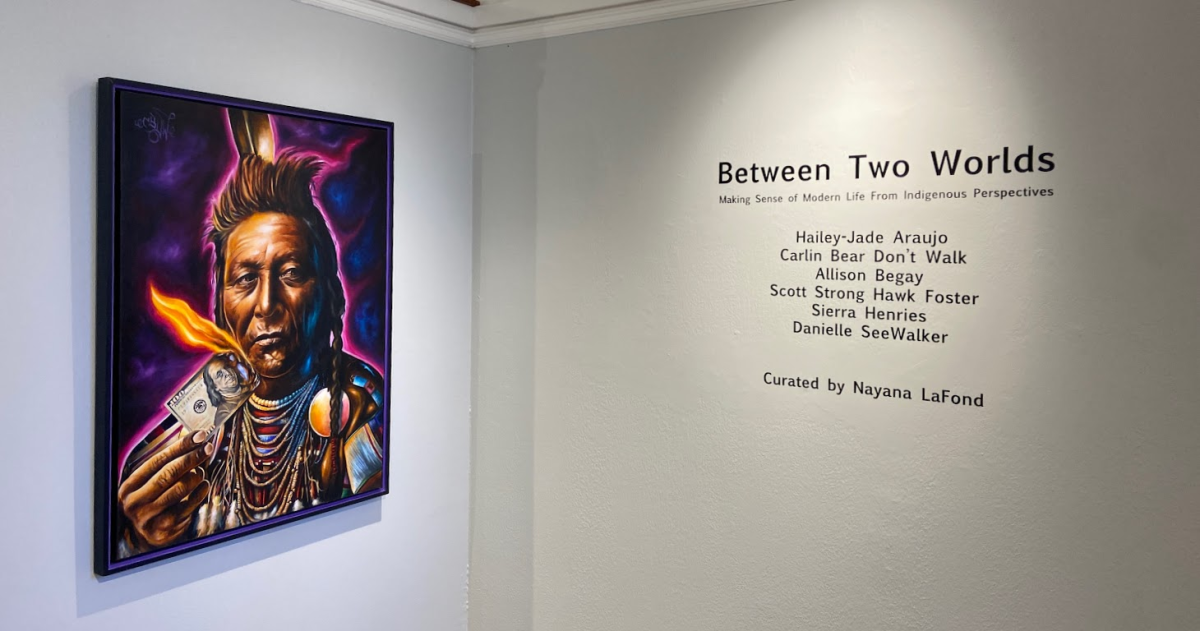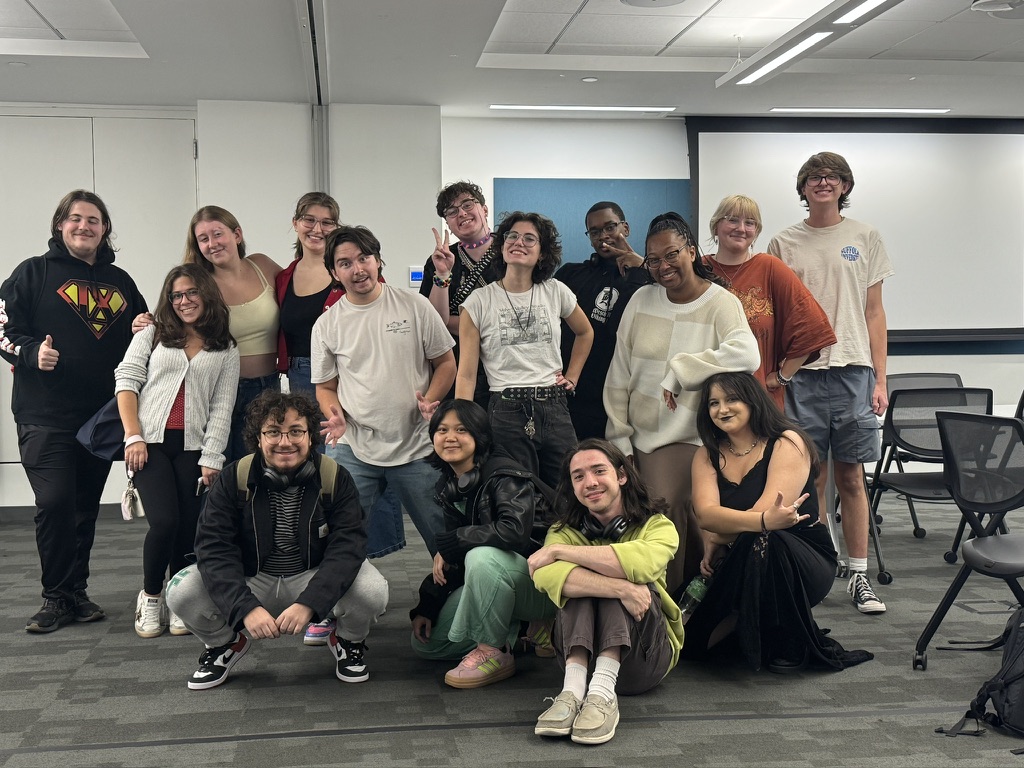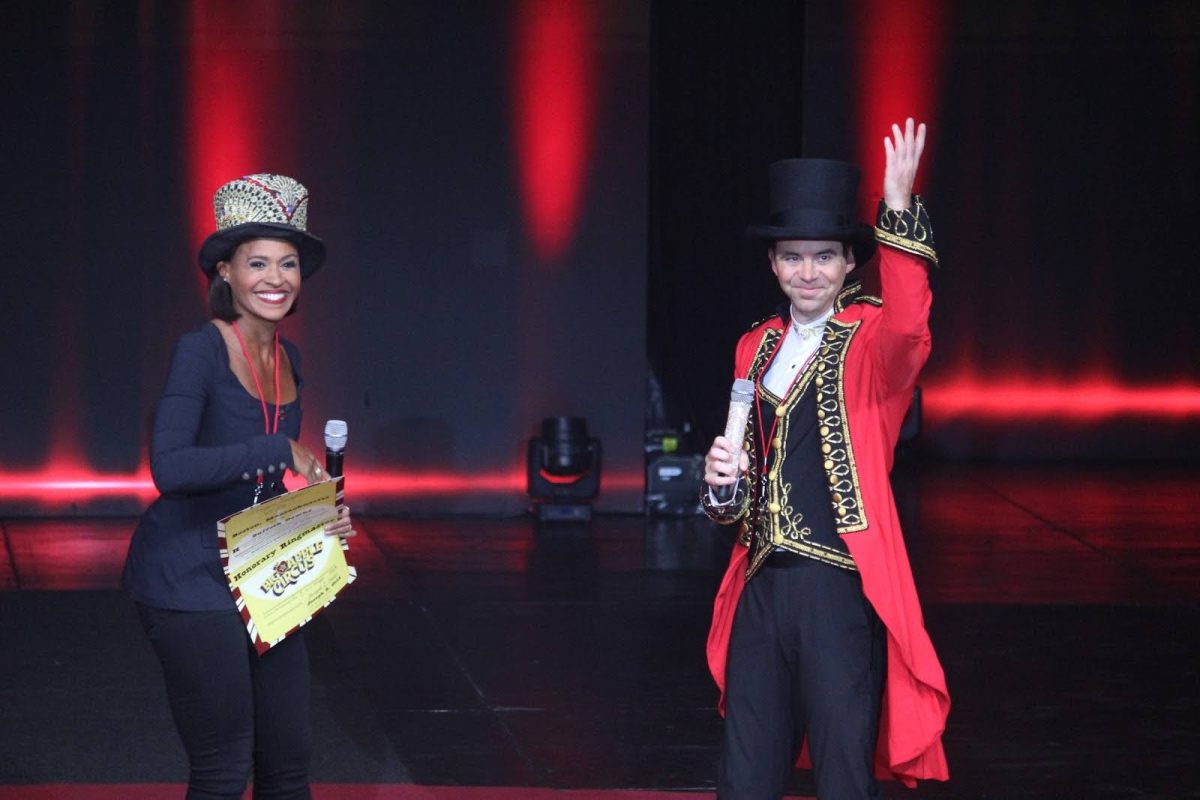By Annie Walsh
Reporting from 3,000 plus miles away, here is an inside look at one of London’s most popular plays at the moment: Ian Rickson’s revival of Mojo.
Similar to the theater district in Boston, the “West End” in London is known for its numerous and popular theatre venues that range from commercial musicals to “off-Broadway” plays. Located in the center of the West End is the Harold Pinter theater where famous screen actors such as Rupert Grint (Ron Weasley) and Brendan Coyle (Downton Abbey) star in this crude comedy full of dark laughter and damaged characters.
Mojo is set in a club on Soho’s Dean Street in 1958, a distinguishable area in London that is known for its infamy caused by gang violence. However, today the area is comparable to downtown New York City. Employing startling attention to detail from the lighting and sound designers (Charles Balfour and Simon Baker), the audience is transported into the seedy underworld of the Atlantic Club where the plot begins and the audience is immersed into a world of inexplicable tensions and unease; the sight of daylight after a drug-fuelled night.
The theme of the play revolves around people who use extremely vulgar language to bolster their fragile egos and who uphold delusional ideas about being legends in their own minds.
The club is used as a safe haven for the four main characters but is shattered when its owner, Ezra, refuses to sell his new discovery, Silver Johnny (similar to Elvis Presley,) to a powerful rival, Sam Ross. As a result, Ezra’s body is returned to the premises in two dustbins, and the club is placed under siege during a hot summer weekend.
The rest of the plot unfolds a battle for power between Ezra’s right hand man, Mickey (Brendan Coyle), and the late owner’s psychotic son, Baby (Ben Winshaw).
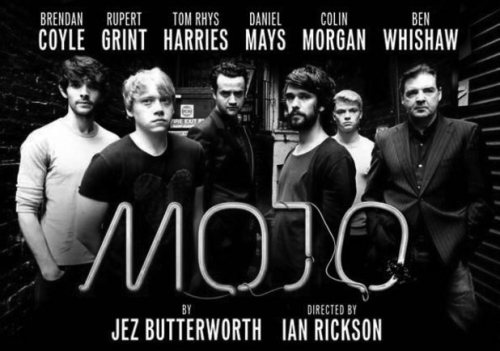
Although there was great hype for the show due to the enormous emphasis on popular screen actors, the show is not all faultless.
The script relies on crude language and obscenities for most of its humor. Throwing around the f-bomb in almost every line as well as the c-word, gets pretty old pretty fast. The play is definitely not for the faint-hearted, featuring such foul language, a brutal murder, excessive drug use, and a dark exploration of gang culture.
As an American student, it was difficult understanding such heavy accents at first but as the play progressed, my ear relinquished the language barrier and the jokes started making more sense.
However, many of the jokes were aimed for British humor and inside culture jokes that made the audience erupt in laughter, but left this American honestly a little confused. Nevertheless, the acting was phenomenal and quite notable.
There was an overwhelming and breathtaking moment when Brendan Coyle first took the stage as Mickey. He commanded the audience with one piercing look, struck with such fury in his voice, owning his character with such authority.
This person before us was incomparable to the sweet, pitiful Mr. Bates character from Downton Abbey that he is known for. The character of Mickey revealed much more range of his talent, being able to emote so many shades of pain on his face and emitting this from his body language also. I cannot forget to mention Rupert Grint, of course, who played Sweets and whom everyone, is most familiar with his character creation of the lovable Ron Weasley.
It was very shocking for many Harry Potter fans to witness/hear Rupert in person cussing and suggesting very naughty things. Although there were traces of Ron Weasley evident in some of Sweets expressions, the character development he portrayed went further in two hours than in all eight films of Harry Potter.
Even though it was Rupert’s very first debut on the stage, he fit right in with the level of experienced actors surrounding him and gave an incredible performance.
Each of the characters in Mojo had so much depth to explore that the audience can relate, even if hesitant to do so. A potentially base display of empty lives is transformed into an insight behind the bravado of broken men thanks to Rickson’s directing.
While the 1950s seem a world away, the exploration of themes of jealousy, wasted youth, and the frustrations of those without means to achieve their ambitions, resonates with young audiences and is bound to attract any who attend. Although Mojo did make an appearance in Boston by Theater on Fire in November of 2011, there is no word whether or not it will be returning to the Boston area any time soon.
For Boston’s sake, we could use a little more indulgence of the cockney accent in plays.


